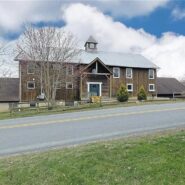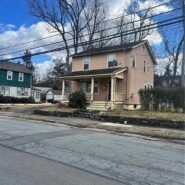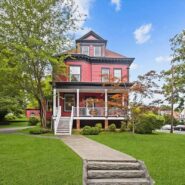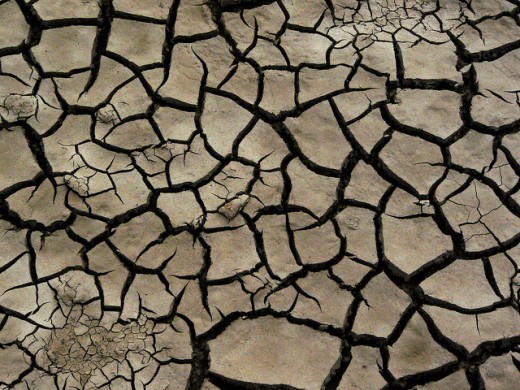Dry, Moist and Wet Towns of New York
Upstater | October 12, 2012No, this has nothing to do with rainfall. We were interested in the plight of booze-free Neversink after the post yesterday about efforts to repeal the dry town law there, and looked up the other spots where alcohol is verboten, or strictly regulated. Good to know if your vision of upstate life involves a package store or a fancy wine shop. The info comes from Wikipedia, so don’t assume its total accuracy. Moist towns are ones in which alcohol can be sold under certain restrictions.
- In 2007, referendums were placed on the ballots of two dry and two moist towns, asking the voters to allow the towns to become “wet”. Potter, which was previously dry, voted to go wet. Mina, which was moist, voted to go wet. Bovina, which was previously dry, voted to become moist. Franklin, which was moist, voted to stay moist.
- After this latest vote, there remain ten towns in New York state that are completely dry, including Neversink, established 1798, in Sullivan County.
- The other “dry” towns in the state are: Caneadea in Allegany County, Clymer and Harmony in Chautauqua County, Lapeer in Cortland County, Orwell in Oswego County, Fremont and Jasper in Steuben County, Berkshire in Tioga County and Argyle in Washington County.
- The town of West Almond, New York does not allow off-premises consumption, while the towns of Freedom, Hartford, Franklin, Seneca, Caton, Rathbone, Newark Valley, Butler, Rose, Pike, Wethersfield and Middlesex do not allow on-premises consumption.
- The small upstate town of Round Lake, NY is to this day dry due to the heavy religious influence.
- The towns of Essex, Bovina, Gorham, Richford, Orangeville, and Barrington do not allow on-premises consumption except in year-round hotels.
Read On, Reader...
-

Jane Anderson | April 1, 2024 | Comment A Westtown Barn Home with Stained-Glass Accents: $799.9K
-

Jane Anderson | March 25, 2024 | Comment A c.1920 Three-Bedroom in Newburgh: $305K
-

-

Jane Anderson | January 30, 2024 | Comment A Renovated Three-Story Beauty in Poughkeepsie: $695K

